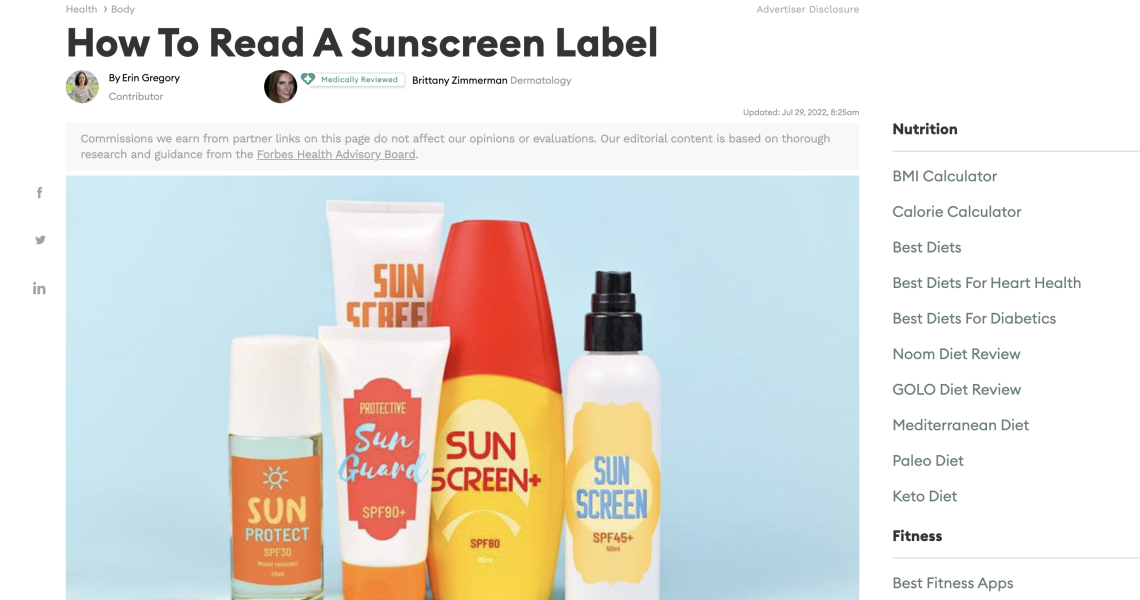ue to increased awareness of the risks of sun exposure, sunscreen has become a must-have in most homes. According to the Centers for Disease Control and Prevention (CDC), skin cancer is the most common type of cancer in the U.S. and in 2019, more than 88,000 new instances of melanomas of the skin were reported, with a little over 8,000 deaths from this cancer[1].
But with a wide-ranging list of sunscreen options featuring different qualities like broad spectrum, sport sunscreen, water-resistant and more, how do you know which is best for you and your family? Keep reading to learn more about what factors into a high-quality sunscreen and what chemicals to avoid to ensure safe fun in the sun.
What Is SPF and Why Does It Matter?
SPF stands for a sunscreen’s Sun Protection Factor, and is a measure of a sunscreen’s ability to prevent UVB rays (the type of ultraviolet rays that cause sunburns) from damaging the skin, explains Adam Friedman, M.D., a dermatologist, professor and chair of Dermatology at George Washington School of Medicine and Health Sciences.
The higher the SPF, the better the protection from UVB rays. For example, an SPF of 30 blocks about 97% of UVB rays, compared to a product with an SPF of 50, which would block about 98% of UVB rays[2].




